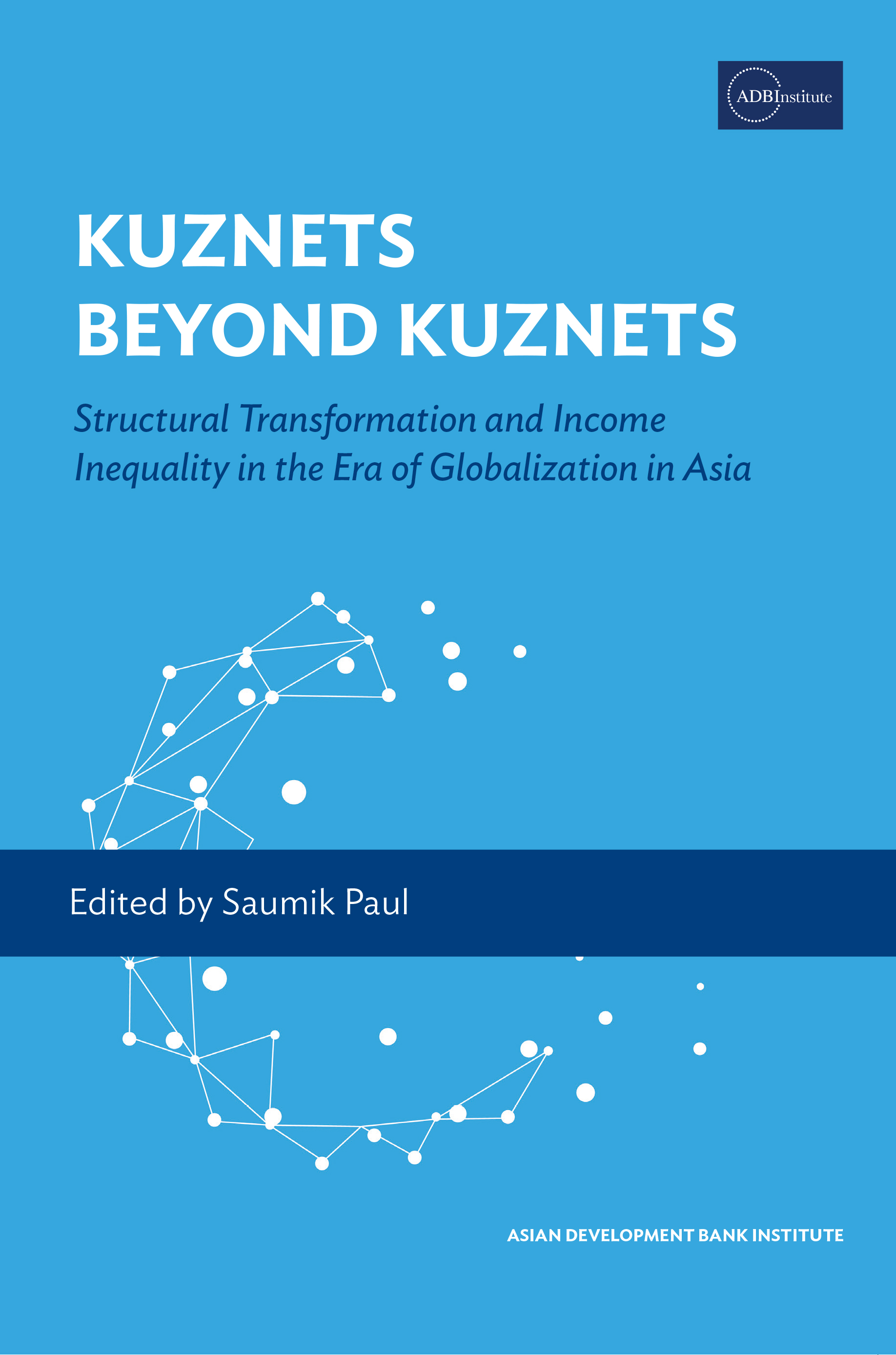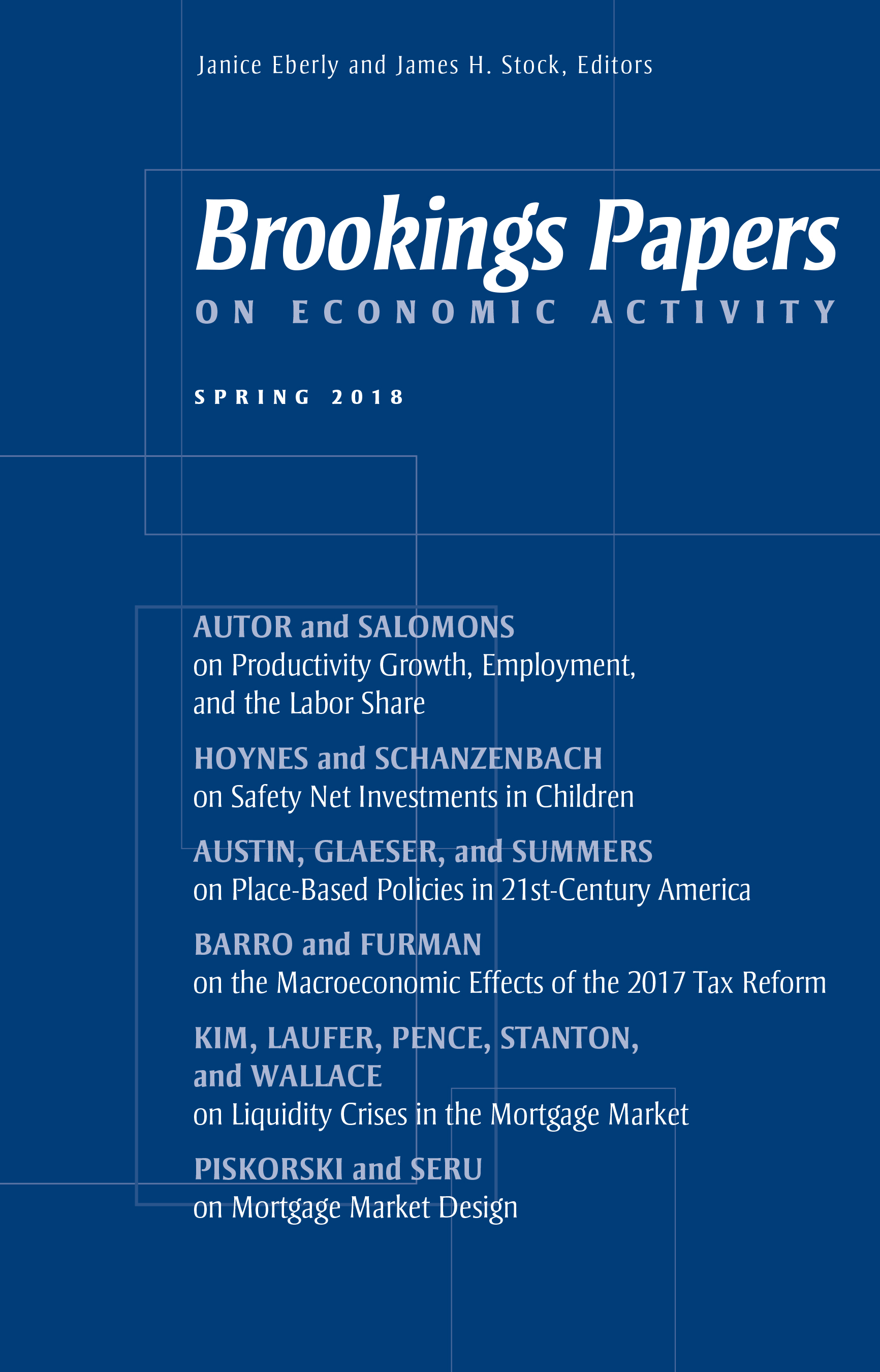California’s cap-and-trade program to restrict greenhouse gas emissions has hit a major political roadblock. Extending the current program beyond its 2020 expiration most likely requires new action on the part of the Legislature, and majority support looks dubious. And even a majority might not be enough. Many legal and policy analysts believe the state’s cap-and-trade regime is functionally a tax, and that reauthorizing and extending it requires a two-thirds majority vote of legislators or voters.
The legal case to deem the cap-and-trade program a tax is already in the courts. Four years ago, a business group argued that the program was unconstitutional because it hadn’t passed with a two-thirds majority. An appellate court’s review of the case amplified the uncertainty around the program’s future.
That uncertainty depressed the emissions allowance market that defines the cap and trade program. Emissions are capped, and emitters need to purchase enough permits from a state-run auction or on the secondary market to cover their emissions. In the most recent auction of these permits, California sold only 11% of the available supply. The lack of demand to some degree showed that emissions were being successfully capped, but it also called into the question the whole scheme and raised much less money for “green” projects than expected. On August 16, the state will hold another allowance auction whose results are unlikely to be much better.
Cap and trade, as even this simplified description demonstrates, is a complex program. If California must pass new legislation with a two-thirds majority to extend its climate efforts anyway, policymakers should consider replacing it with a simple straight-up carbon tax. It would provide even more powerful market signals to encourage emissions reductions, serve broader fiscal purposes, and thereby make for a better model for federal legislation.
A tax is simpler than cap-and-trade because it doesn’t involve allowance auctions, registries to keep track of who can sell and who must buy, market monitoring, or carbon offsets. Emitters just pay a predictable (and gradually rising) fee for each ton of carbon dioxide they emit, not unlike the tax on a pack of cigarettes. Even a modest tax is likely to be more environmentally effective than the current approach because it is a direct and predictable incentive to lower emissions and use cleaner technology. Under cap-and-trade, California’s other clean energy regulations do much of the work to prod emitters to meet the cap; the trading system just picks up the slack.
As the business groups that filed suit noticed, the California program has been acting like a tax already, but with constraints written into the program on how the revenues can be used. For most of its history, its emissions allowances have sold at or very near the minimum fixed price dictated by the state. The revenues fund a range of green measures, notably Gov. Jerry Brown’s signature high speed rail initiative. An actual carbon tax could bolster a wider array of programs and allow for tax cuts, making California an even more competitive economic dynamo.
Although cap and trade has lowered emissions in California and is still popular with many environmental groups and others, in Congress it’s increasingly viewed as complex, subject to manipulation and giveaways, and as an engine for the expansion of government. By contrast, a tax strategy is gaining traction.
Although carbon tax bills introduced by Democrats haven’t yet attracted Republican support, a number of Republicans express off-the-record openness to a deal that taxes carbon and also supplants EPA regulations, reduces other taxes, and offsets impacts on low-income citizens, for example via expansions in the earned income tax credit or targeted rebates. But those Republicans also fear the political consequences of stepping forward before the right political moment. California’s leadership could help foster that moment.
California’s policymakers have thought this way before. In 2006, national cap-and-trade was a serious prospect in the Congress. California’s leaders—especially Sen. Fran Pavley (D-Agoura Hills) and former Gov. Schwartzenegger—pushed hard for the state policy model they thought the nation would emulate. Now, seven years after cap-and-trade died in Washington, the situation in California creates an opportunity to redirect the state towards another approach that the nation may follow.
The latest state poll indicates that 69% of Californians approve of the state law to reduce emissions. Still, getting to a two-thirds majority on any policy is never easy. Whether for cap-and-trade or a tax, the effort will require genuine bipartisan bargaining or a very compelling proposition to voters. The inevitable hard work should not just maintain the current approach for its own sake. A well-designed carbon tax alternative could reclaim California’s mantle of national climate leadership, while also assuring continued emissions reductions, simplifying its regulations, and burnishing its reputation as a place to do business.










